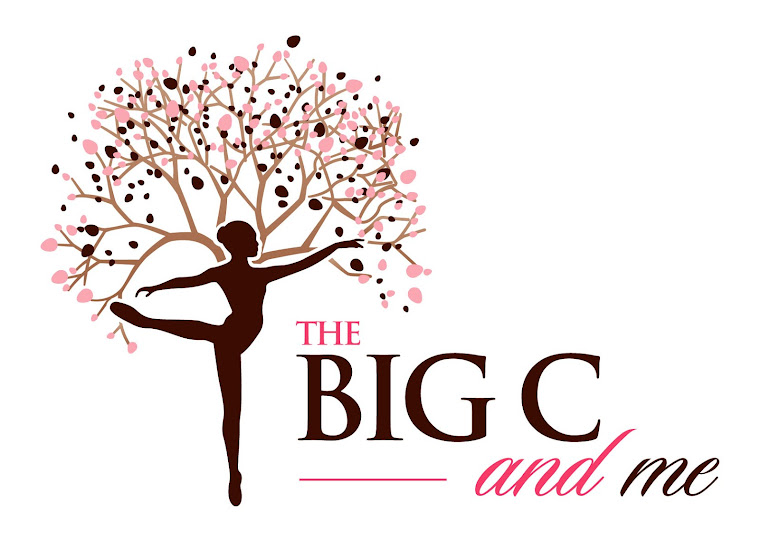
|
|

|
|

|
|

|
|
| |

|
|
| |

|
|
| |

|
Most people think they have a higher risk of breast cancer than they actually do.
|
| |

|
While breast cancer mortality has gone down in recent years, too many women still die of the disease each year.
|
| |

|
The mortality rate from breast cancer is higher for African American women than for white women and women of other races.
|
| |

|
All breast cancers are not the same; there are different types of breast cancer.
|
| |

|
We do not know how to prevent the spread of breast cancer to other parts of the body (metastasis).
|
| |

|
For the majority of people with breast cancer, treatment options have changed very little in the last 20 years.
|
| |

|
The treatments for DCIS and invasive breast cancer can themselves lead to severe side effects, including death.
|
| |

|
Early detection is not the answer. Finding and treating all Stage 0 breast cancer, or DCIS , will not prevent all deaths from breast cancer.
|
| |

|
In many cases, more treatment is not necessarily better treatment.
|
| |

|
Hormone Replacement Therapy (HRT) may increase your risk of breast cancer.
|
| |

|
There are many unproven and uncertain risk factors for breast cancer cited in the media and among the public.
|
| |

|
Most women who find their own breast cancer do so as part of normal routines (showering, getting dressed, etc.) not during systematic monthly breast self-exams.
|
| |

|
Mammography is not prevention. Getting regular mammograms does not prevent you from getting breast cancer.
|
| |

|
Five year breast cancer survival rates do not give an accurate picture of progress against breast cancer.
|
| |

|
Breast cancer awareness campaigns have helped move the disease from behind closed doors but have not had a significant impact on the incidence of Stage 4 disease or on mortality.
|
| |

|
To end breast cancer, research must focus on understanding how to prevent the disease from developing and on how to stop the disease from spreading to other parts of the body.
|
| |

|
We will not see a significant decrease in breast cancer mortality without a better understanding of breast cancer metastasis.
|
| |

|
Women with breast cancer deserve evidence-based treatments that have been proven effective.
|
| |

|
Once there is a cure, breast cancer will still not end until everyone everywhere has access to health care.
|
| |

|
The media do not always get it right when reporting on breast cancer.
|
| |

|
Your tax dollars fund a significant amount of breast cancer research.
|
| |

|
Breast cancer survivors can learn and understand science, and can help influence the direction of breast cancer research.
|
| |

|
Great scientific achievements have been accomplished in less than 10 years.
|
| |

|
Breast cancer advocates can—and will—lead an effort to end breast cancer by 2020.
|
| |

|
It will take collaboration among many groups and stakeholders to meet Breast Cancer Deadline 2020®.
|
 Hats off to the incredible National Breast Cancer Coalition (NBCC), the brains and brawn behind the mission to end breast cancer by January 1, 2020.
Hats off to the incredible National Breast Cancer Coalition (NBCC), the brains and brawn behind the mission to end breast cancer by January 1, 2020. 
Hi Renn, once I am back on social media on November 17th, I will share this link. I am on a cleanse right now;)
ReplyDeleteHi Renn, will post under my CATSTIR section. Thanks for pushing it forward!
ReplyDeleteRenn - thank you for this. I will re-blog and post on my FB Boo-bee trap page.
ReplyDelete